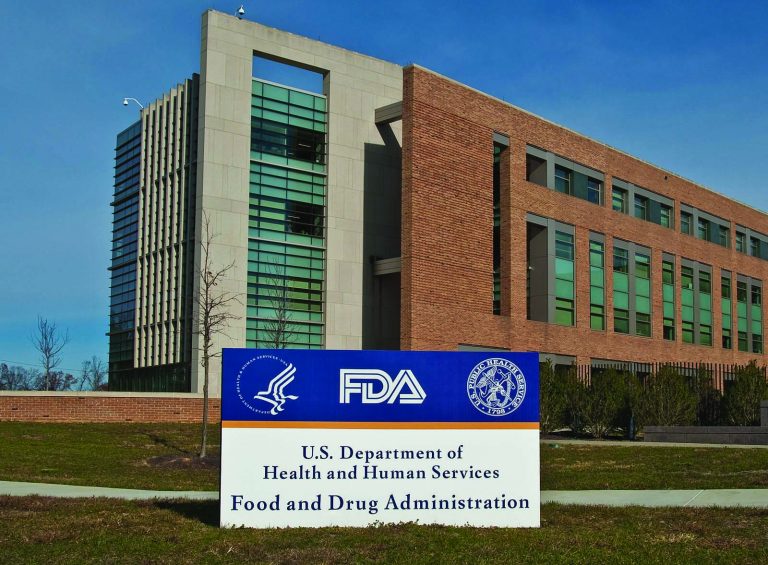
Sophia Tao
The FDA released a list of “Reference Listed Drug Access Inquiries” on Thursday, May 17, which lists pharmaceutical companies that allegedly block the development of generic versions of their brand-name drugs (RLDs). The list is based on inquiries the FDA has received from drug companies that want to make generic versions of RLDs.
This is not the first time drug companies have been under fire for abusing their power in the marketplace. The pharmaceutical company Mylan was heavily criticized for dramatically increasing prices of EpiPens, a life-saving product that they have monopolized. Another company, Turing Pharmaceuticals, bought the rights to a drug used to treat AIDS and transplant patients in 2010, and hiked the price from $1 to $375.
Generic drug production is vital to maintaining a competitive marketplace and preventing companies from monopolizing drugs for profit. Additionally, generic drugs are less expensive than brand-name drugs, so patients in need can affordably obtain these drugs.
However, too often, companies are able to use “gaming” tactics to delay or completely halt generic drug development. Through their list, the FDA reveals which companies sell brand-name drugs, referred to as RLD sponsors, and are using the tactic of limiting distribution of their RLDs.
As a result of the limited distribution, generic drug manufacturers are unable to obtain enough samples from RLD sponsors to perform bioequivalence tests, which the FDA requires before approving generic drugs for sale. They are necessary to prove that the generic version is not significantly different to the RLD in rate and extent of action, safety, efficacy, and other important factors, as described on the FDA website.
RLD sponsors have used an FDA drug safety program as an excuse to withhold samples. This program, called Risk Evaluation and Mitigation Strategies (REMS), limits distribution of drugs with serious side effects so that they can only be used in cases where the benefits outweigh the risks.
If an RLD sponsor cites REMS as a reason to withhold samples, then generic drug manufacturers can respond by sending an inquiry to the FDA, asking if REMS are in place for that RLD. The FDA does not know which RLDs are being withheld until they receive inquiries from generic drug manufacturers. This is significant because the FDA and the Federal Trade Commission, to whom the FDA regularly refers inquiries, cannot penalize RLD sponsors exploiting REMS until they know who’s doing it.
In response, the FDA can send a Safety Determination Letter to RLD sponsors stating that distributing samples to generic drug manufacturers will not be considered a violation of REMS. The FDA also plans to start giving waivers to generic drug manufacturers that override REMS restrictions so that RLD sponsors can’t claim they are barred from distributing samples.
The FDA’s recently published list names the RLD, RLD sponsor, number of inquiries received, whether or not the RLD has REMS impacting distribution, and if a Safety Determination Letter has been sent. The list does not name the companies that made the inquiries.
In addition to exploiting REMS, there are other ways RLD sponsors block generic drug development. They can add contract provisions that prevent distributors, such as pharmacies and wholesalers, from delivering samples to generic drug manufacturers. They can pay generic drug manufacturers to leave their cheaper versions off the shelf. They can also make their own generic drugs, extending their monopolies.
A particularly insidious way RLD sponsors delay generic drug approval is by filing citizen petitions, which are supposed to enable citizens to express concerns about generic drugs that are still in the approval process. This results in delaying the generic drug approval, allowing RLD sponsors to prolong profitable drug monopolies.
Anyone can file a petition, but RLD sponsors abuse that right, using it to their advantage. According to a study published in 2016, 92% of all citizen petitions were filed by RLD sponsors. The FDA has the power to deny petitions they deem frivolous, but rarely do so because the cost of approving an unsafe drug is too high.
FDA Commissioner Dr. Scott Gottlieb stated that publishing the list was an effort to increase transparency, but the move has been criticized as “public shaming.” Doubts have been raised that RLD sponsors can even be “shamed” into abiding by free and fair market practices.
However, releasing this list has put a spotlight on such drug industry practices. The most promising result was House Speaker Paul Ryan recently speaking about working on a compromise to the CREATES Act, a bill that would allow generic drug makers to sue RLD sponsors for withholding samples. It was dropped in February due to heavy pressure from the pharmaceutical industry.
Although the FDA’s recent move could be interpreted as shaming, it could also be a step in the right direction for the drug industry. The drug industry should be held accountable for suspicious practices. No drug should be monopolized, especially at the expense of public health. The drug industry seems to have forgotten their true purpose — enabling people to live healthier lives for a reasonable price.










